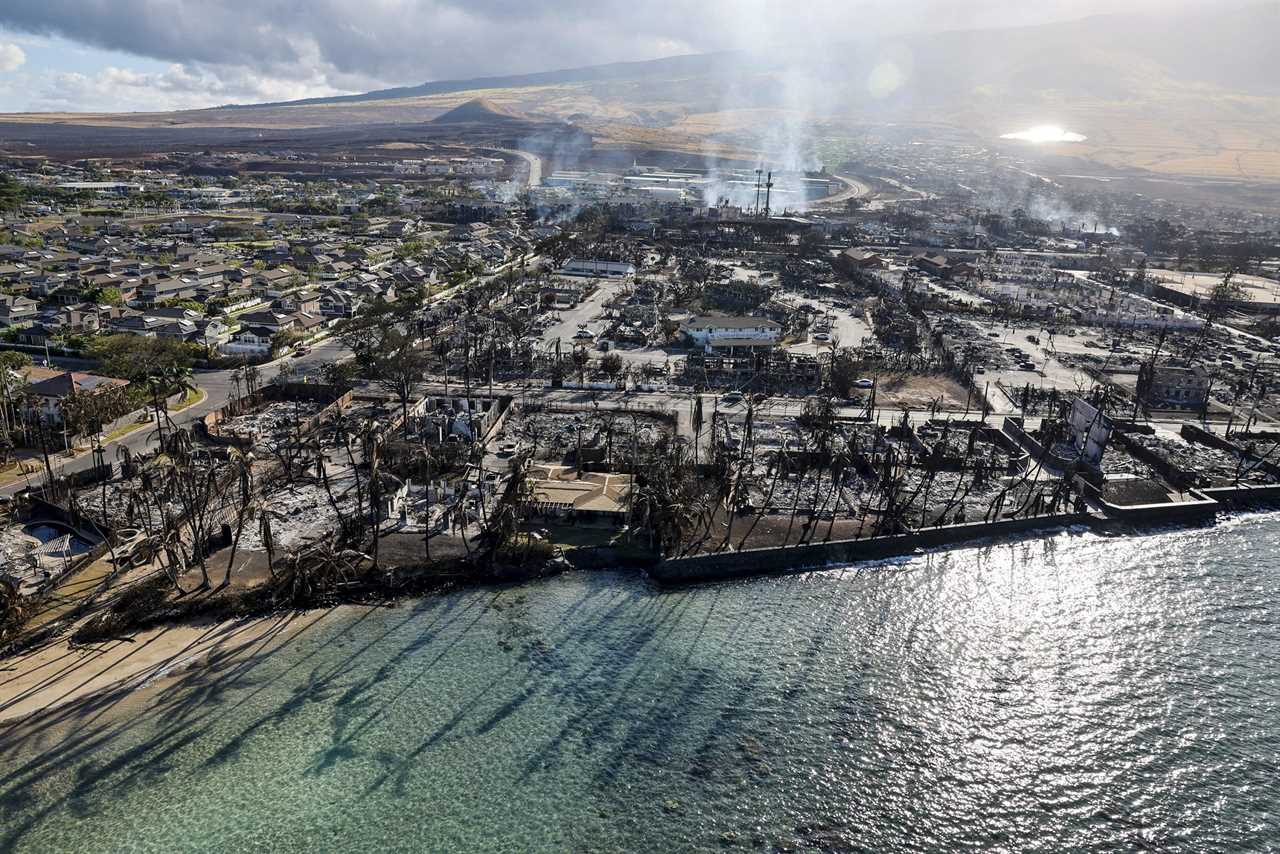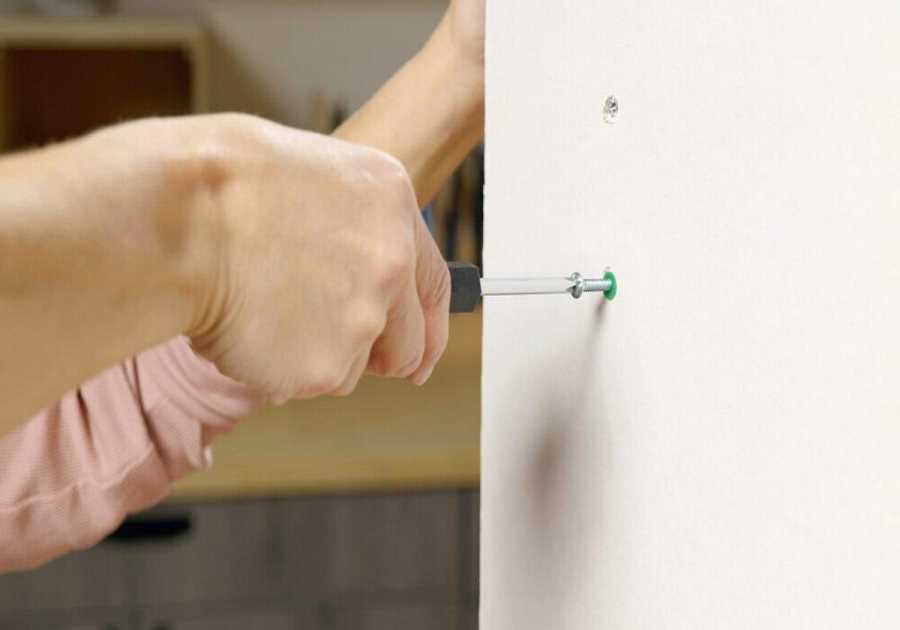In the wake of the devastating Maui wildfires, many individuals are looking for ways to support Hawaiians. There are numerous opportunities to donate to aid organizations, but it can be difficult to know what to give and who to give it to.
We’re happy to help. Read on for our tips, as well as a list of vetted organizations to support.
What to Send as Donations
Experts speaking to CNBC say giving money is the best way to support Hawaiians. Kaleialoha “Kalei” Cadinha-Pua’a, president and CEO of Cadinha & Co., a registered investment advisor in Honolulu, says “[m]onetary gifts provide the most flexibility to families displaced by the wildfires.”
Why money and not food or other goods? Because according to Tanya Gulliver-Garcia, director of learning and partnerships at the Center for Disaster Philanthropy, “[s]ending stuff is causing problems in Hawaii.” Honolulu’s ports are clogged with shipping containers, which take valuable labor to sift through — labor that isn’t readily available at the moment.
If you’re tempted to donate items you no longer use, Gulliver-Garcia suggests selling them and sending the money instead.
Who to Send Donations to
In an August 9 press release, Hawaii Attorney General Anne Lopez cautioned people to beware of scams. “We are already seeing various fundraising efforts being promoted on social media platforms and online,” she says. “In moments of crisis, we all must be extra vigilant against bad actors, who try to take advantage of people’s goodwill.”
The following tips will help you identify safe organizations to donate to.
How to Determine a Charity’s Legitimacy
Lopez’s office suggests doing a little research before sending money. Any charity sourcing donations in Hawaii must be registered with the Department of the Attorney General there. Check if a charity has been appropriately registered here.
Additionally, independent resources like the IRS Tax Exempt Organization Search and Charity Navigator can verify a charity’s legitimacy.
Finally, remember fraudsters often rely on specific tactics to get your money. These include rushing you to make a donation, using charity names that resemble those of legitimate organizations, and failing to provide specific details on how your donation will be used.
Legitimate Charities
When in doubt, these vetted organizations are all excellent choices for monetary donations:
- The Hawaii Community Foundation;
- The Maui Food Bank;
- Maui United Way;
- The American Red Cross;
- The Salvation Army;
- World Central Kitchen.
For more specifics on how these organizations are assisting victims of the firestorm, check out their individual websites and Honolulu Civil Beat’s full rundown.
When to Send Donations

Obviously, sending what you can when you can is the top priority. However, if you’re not in a financial position to help this pay cycle, donating during the next can be just as impactful.
Gulliver-Garcia tells CNBC 80% of individual donations are sent within five to six days of a disaster. While this timeliness is admirable, recovery takes years. So remind yourself to check your finances in a month, or a year. Or try to make recurring donations if you’re able.
Other Ways to Help
If you’re an animal lover, you can also assist the Maui Humane Society. According to a report by the New York Times, as of August 10, the animal shelter is at capacity. As such, they’re searching for people to foster dogs displaced by the fires.
Finally, native Hawaiians are urging tourists to think twice about tropical vacations. For years, Hawaiians have struggled with the effects of tourism depleting the state.
According to a 2022 state-sponsored survey, about two-thirds of Hawaiians believe that their island “is being run for tourists at the expense of local people.” They cite overcrowding, damage to the environment, higher costs of living and more traffic as examples.
As such, consider traveling elsewhere in the coming years. If you do go to Hawaii, remember to treat its people, landscapes, traditions and wildlife with respect.
USA Today advises against traveling during peak hours, disturbing animals, taking anything from national parks, using harmful sunscreens and geo-tagging. In general, act as if you’re a guest in someone else’s home — because you are!
Did you miss our previous article...
https://rsssuperfeeds.com/life-hacks/what-are-carpenter-bees-how-do-you-get-rid-of-them






